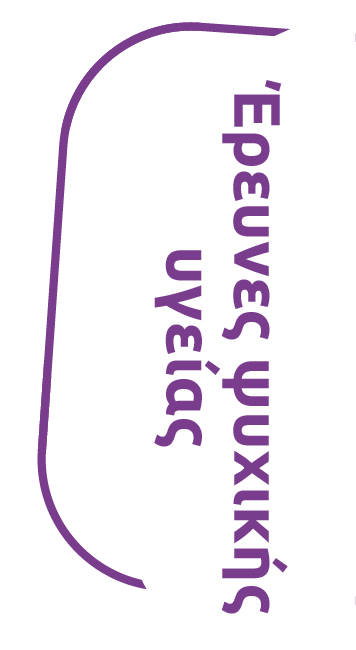Crisis & Risk Management Services
Management of Crises & Unexpected Traumatic Events inside and / or outside the workplace: Critical Incident Stress Response (CISR)
The “Critical Incident Stress Response (CISR)” service is a specialized and internationally certified Service offered by the International Critical Incident Stress Foundation Inc. (ICISF). It refers exclusively to the management of the human factor in unexpected traumatic events and critical situations inside and outside the workplace (e.g.: robberies, workplace violence, accidents, terrorism, unexpected loss of an employee, natural disasters, pandemics, severe organizational changes, etc.), which directly or indirectly affect human resources, as well as the coherence and functionality in the work environment in general.
It consists of two parts:
- Pre-Crisis Training – Preparation and training of Frontline executives & employees
- Intervention to Support Employees & Indirectly Involved Persons: Psychological First Aid.
Immediate, short-term & long-term support. On-site intervention by the specialized CISR team of Hellas EAP, for the immediate defusing and support of people who have been exposed, are eyewitnesses or have been affected by a critical traumatic event, in the workplace or in their personal lives. Nationwide coverage & readiness.
The service is part of the Policies & Procedures of the Risk & Crisis Management context of the organizations, and it complements their Business Continuity & Recovery Plan.
2. Behavioral Risk Management
The “Behavioral Risk Management (BRM)” service refers to the management of risks associated with behaviors and / or conditions in the workplace such as stress, conflicts, violence, addictions, overwork, job insecurity, organizational changes.
These specific working conditions or behaviors can lead to inefficient communication, reduced work motivation, higher stress levels, unpredictable emotional reactions, disengagement and absenteeism, which negatively affect the life quality of employees and lead, among other things, to high operating costs for the organizations.
3. Management of chronic diseases in the workplace
The “Disability Management” service constitutes a holistic work approach that focuses on the constant support of employees with chronic mental or physical diseases or of employees with long absenteeism due to injury, aiming at either their most constructive presence in the workplace and the maintaining of their functionality on a personal and work level, or their successful, timely and safe return and reintegration into their job duties. The service contributes to the reduction of both human and financial costs for employees, their families, the organization and society while creating a safer, more cooperative and more productive workplace.
4. Conflict management and mediation in the workplace
Hellas EAP’s “Conflict management and mediation in the workplace” service constitutes of a structured system with the broader goal of adopting a “conflict-free” culture that promotes health, well-being and productivity in the workplace. Through the timely management of conflicts in their initial stage, significant positive results become evident in the quality of life of the staff, and the collaboration, viability and competitiveness of the organizations.
It consists of three main interconnected parts:
- Training programs for executives: acquisition of skills on conflict resolution and mediation in the workplace
- Mediation in the workplace: intervention by independent professionals, certified in mediation in the workplace
- Development of Policies & Procedures for the effective management of the effects of conflicts in the work environment
5. Prevention and management of psychosocial risks in the workplace
Hellas EAP’s “Psychosocial Risk Management” service refers to a systematic process within the workplace, which decisively and positively contributes to the prevention and management of organizational factors/risks such as work design, organizing and managing work, lack of supportive relationships, job insecurity, corporate culture, etc. which lead to increasing levels of work stress and can cause psychological or physical harm to employees. Using specialized tools such as the P.R.I.W.A. and tailor made, targetedservices, the main objective is to identify, manage and reduce these risks and their effects on an individual and organizational level. The ultimate goal is to enhance the health and well-being of the staff, maintain and increase productivity, as well as improve safety and efficiency in the work environment.
6. Defusing Groups
Group sessions aimed at the immediate defusing of employees who, due to the nature of their work, demonstrate high psychological stress and pressure.





